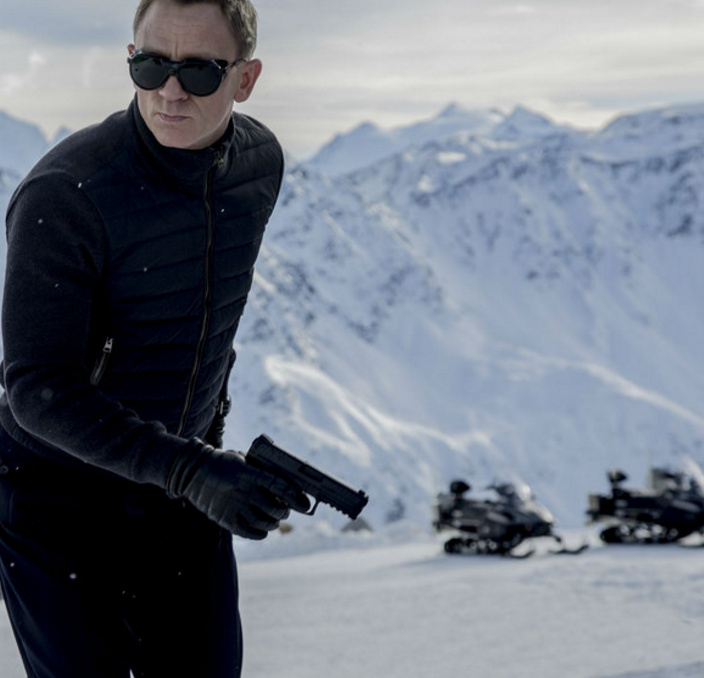Surveillance and 007
What Sceptre can tell us about technology and modern intelligence
On Jan. 24, 2014 a US drone struck a Yemeni wedding convoy, killing 12 men. The US justified the attack by saying that a known affiliate of Al-Qaeda had been a part of the convoy, but many questions remain.
In 2013, former employee of the National Security Agency (NSA) revealed the extent of this organization’s surveillance.
Around two years after both of these landmark events, on Nov. 6, 2015, “Sceptre,” the most recent movie featuring the dapper spy, James Bond, was released.
The Bond movie franchise is not exactly known for its acute political commentary (after all, its main character is a womanizer and an alcoholic); however, “Sceptre” featured a surprising look at the new technologically dominated intelligence world.
“Sceptre” seems to take on both the drone program and the NSA as new hire, Max Denbigh, played by Andrew Scott, looks to abolish the old 007 program in favor of CNS, a multinational surveillance network designed to compile unimaginable quantities of data into one central holding.
According to Denbigh, this is simply the “future.” In fact, Denbigh believes the 007 program cannot do anything that a drone cannot.
The CIA does not have anything exactly like 007 (although teams such as the Special Operations Group are somewhat similar). However, this is more than a debate about two programs — it is a debate about a fundamental principle: when it comes to intelligence, what is the value of looking someone in the eye before pulling the trigger? What is the value of following the enemy rather than simply monitoring his or her calls?
In the words of Gareth Malloy, Bond’s superior, played by Ralph Finnes, “A license to kill is also a license not to kill.”
A license to kill means giving an agent or soldier the opportunity to look at someone, to sense what they are thinking, before making the final decision. What happens when you take away that ability? What happens when you put something in the sky that has to zoom in before it can even see its target’s top hat? What happens when data is mined for patterns and statistics without anyone ever bothering to walk the earth the target walked?
If we completely remove humanity from the intelligence world, will we lose all morals? Or, as the movie seems to suggest, will the intelligence world actually fail to catch the biggest plots?

It may have been a visceral feeling that instigated Claire Dinshaw ’17 to apply for a sports editor position her sophomore year, however, she refers...




















































